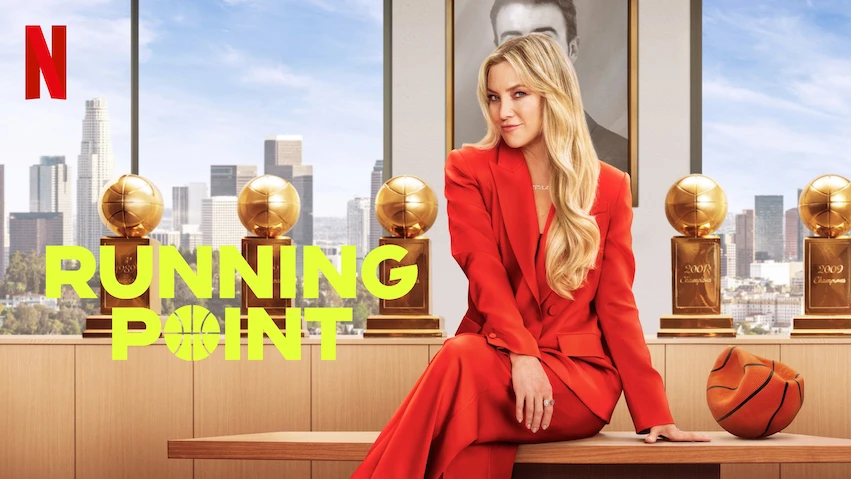AUGUST TRADITIONALLY IS a slow month for celebrations, so I hope alert readers recognized a rare opportunity to celebrate last month when Federal Trade Commission chair Deborah Platt Majoras issued the following statement. If it wasn’t worth raising a glass or two, I’m not sure what was.
As Majoras wrote, “I am pleased to report that, as of this week, the National Do Not Call Registry has topped 100 million phone numbers. This is a significant milestone for the registry, which opened for business just over two years ago.
“The registry is an efficient and effective tool for consumers and businesses. While millions of citizens have chosen to limit the number of unwanted telemarketing calls they receive, thousands of businesses are able to target their calls to people who want to receive them. Industry compliance continues to be high, and registration remains free and easy.
“The registry speaks volumes about the success of government programs driven by consumer choice, and Americans’ preference for uninterrupted dinner-time conversation.”
As we lift our drinks, let’s consider who to salute first. How about the marketers, list vendors and phone room operators who have been hit with fines by the FTC during the last two years? Granted, some of those fines have been earned by marketers blatantly disregarding the registry. But others were levied against companies unclear about which entity — list seller, call center operator or marketer — was ultimately responsible for making prospect lists registry-compliant.
I wonder what conscientious industry members who are still trying to figure out what they did wrong would say in response to the FTC’s claim that “the registry is an efficient and effective tool for consumers and businesses.” Their toasts would be colorful, at the very least.
Maybe we could hoist one to the multitudes mentioned in the statement. Specifically, the “millions of citizens [who] have chosen to limit the number of unwanted telemarketing calls they receive [while] thousands of businesses are able to target their calls to people who want to receive them.”
That’s nice — a drink to consumers and marketers. And they seem to be working so well together. “Industry compliance continues to be high, and registration remains free and easy.”
Registration may be “free and easy,” but promoting exactly what the registry is appears to be a little harder for the FTC. Take the “established business relationship” rule. This allows some marketers to call consumers even after the consumers have put their numbers on the registry. The FTC hasn’t done the best job of explaining this during the sign-up process. If it had, it might have spared DMers a lot of ill will from their customers.
The FTC also hasn’t done a good job of notifying consumers that their numbers will drop off the registry five years after signing up. I guess taking the time to explain all this would have made the “free and easy” registration process a bit more cumbersome. Based on this, does anyone want to make a bar bet on how effective the FTC’s “It’s Time to Put Your Number Back on the National Do Not Call Registry” program will be?
That is, if it bothers to conduct such a program. The FTC may just leave the explanations to marketers, once these numbers are considered fair game again, starting in 2008.
Well, we could always toast the FTC’s assertion that “the registry speaks volumes about the success of government programs driven by consumer choice.” But before we do, let’s recall that there really wasn’t as much choice involved as there could have been. Unlike the British do-not-call list, which allows consumers to pick the industries they would like to hear from, the American system is an all-or-nothing proposition.
Sorry to cause a slip between glass and lip, but I seem to remember the argument at the time of the registry’s inception was that a multiple-choice option would’ve been too confusing for the average consumer. This is the same consumer who can customize an automobile, right down to the designer floor mats and spinning hubcaps, through an online dealership.
Hmm. There doesn’t seem to be a lot in the FTC’s release left to toast. Aha! How about “Americans’ preference for uninterrupted dinner-time conversation”?
Better just leave the bottle. It’s going to be a long night.
 Network
Network

